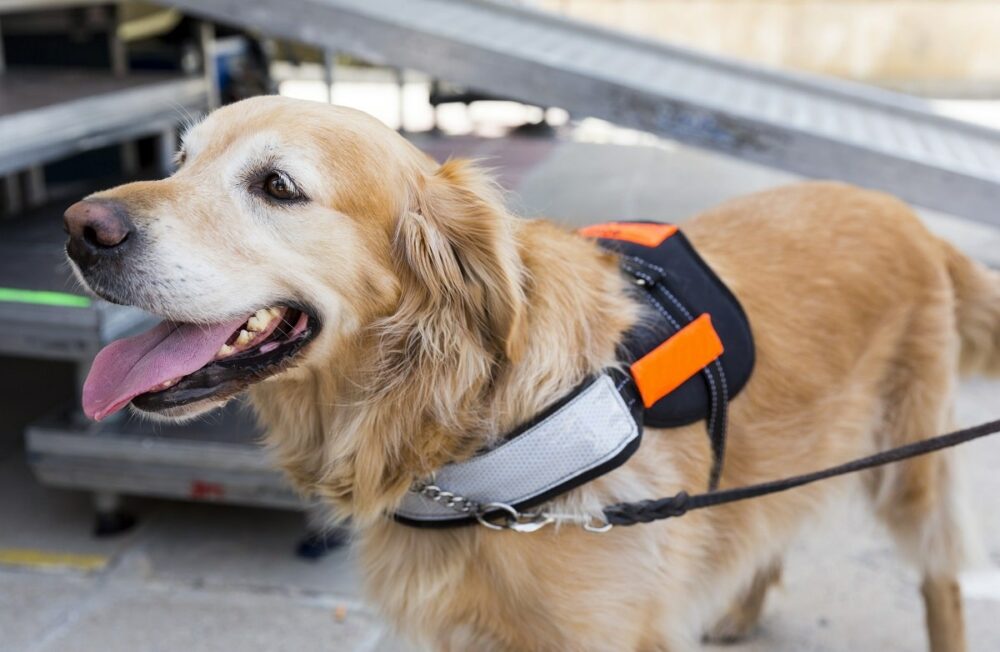If you have recently qualified for an emotional support animal, you may feel like you need to take some official steps for verification. Luckily, the law protects the rights of both you and your ESA without the need for registration. However, there are some distinct benefits to completing the registration process.
Due to the increase in ESAs throughout the United States, scam registrations are on the rise. Knowing how to spot them could save you a lot of money.

If the registration details still feel a little murky to you, don’t worry; we’ve got you covered. This post will take you through everything you need to know, from possible expenses to specific criteria. Let’s get into it!
Is Registration Expensive?
The cost is mainly subjective and relies entirely on where you are getting your registration. Sites can charge anywhere between $100 and $500.
When considering ‘how much does an ESA letter cost?‘ be mindful of the differences between your original ESA letter from a medical professional and an online certificate. They are very different. Your medical insurance should cover the costs of the letter, including getting a medical professional’s treatment and assessment.
What Information Should My ESA Letter Possess?
The one thing you need for your ESA to be legitimate is a signed letter from a medical professional. Many scam sites profess to be the only legitimate avenue for your ESA, but this is false.
There are benefits to registration, but the process does not legitimize the rights of you or your ESA. Instead, the Fair Housing Act and the Air Carriers Access Act legitimize your rights regarding assistance animals. The original ESA letter confirms that you have a need and rights under these acts.
The information in this letter should include:
- The name of the medical professional that provided the document.
- The name of the practice.
- Which medical license the professional possesses.
- The state where the medical professional is based.
- The type of animal your ESA is.
- The date of the letter’s creation.
If any of this information is missing, the legitimacy of your ESA may be in question and look suspicious to private entities such as landlords, airlines, or restaurants.
What Are Some Tell-Tale Signs of Scam Sites?
The number of fake ESAs is on the rise, which means you are vulnerable to scam websites eager to take advantage of unsuspecting consumers who genuinely need an assistance animal. The best way to spot a scam is to employ the classic rule: if it seems too good to be true, it usually is.
If the website offering you registration claims to legitimize or officiate ESA status, it is likely a scam. Registration doesn’t legitimize your ESA, as that is part of getting your original ESA letter.
You can also tell a scam by the high price point. If it costs hundreds and hundreds of dollars, or perhaps even a thousand, it’s a scam. They are simply trying to get as much money out of people as possible by taking advantage of common misconceptions surrounding ESAs. Don’t fall for it!
Protect Your Rights.
An ESA letter can only come from a licensed medical professional. Once you have that, your ESA is ‘official,’ and your rights are protected. Don’t fork out hundreds of dollars on a false certificate—be cautious and go through the proper channels.

